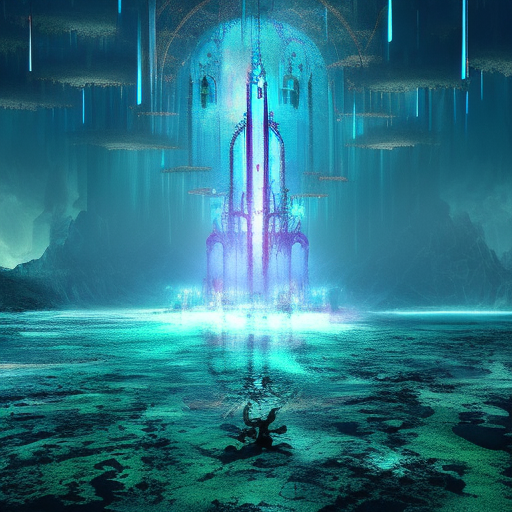Summary:
In “The Lathe of Heaven,” a science fiction novel by Ursula K. Le Guin, George Orr, a man with the ability to alter reality through his dreams, seeks help from a psychiatrist named Dr. William Haber. As Haber realizes the power Orr possesses, he becomes obsessed with using it to reshape the world according to his own vision. However, each time Orr dreams, the world changes in unpredictable and often catastrophic ways. As the line between dreams and reality blurs, Orr and Haber must confront the ethical implications of playing god and the consequences of tampering with the fabric of existence.
The Power of Dreams:
George Orr, a mild-mannered man living in a dystopian future, discovers that his dreams have the power to alter reality. Terrified of the consequences, he seeks help from Dr. William Haber, a psychiatrist who specializes in sleep disorders. As Haber delves deeper into Orr’s unique ability, he becomes increasingly fascinated by the potential to shape the world according to his own desires.
The Ethical Dilemma:
As Haber gains control over Orr’s dreams using an experimental device called the Augmentor, he begins to manipulate reality to solve the world’s problems. However, each alteration comes with unintended consequences. Orr becomes haunted by the guilt of his actions, realizing that his dreams are not only affecting his own life but also the lives of everyone around him.
The Unpredictable Nature of Reality:
As Orr and Haber continue their journey, the line between dreams and reality becomes increasingly blurred. The world shifts and changes with every dream Orr has, leading to a series of bizarre and often catastrophic events. From an overpopulated Earth to a world without racism, each new reality brings its own set of challenges and moral dilemmas.
Throughout the novel, Le Guin explores themes of power, responsibility, and the nature of reality. She raises thought-provoking questions about the consequences of playing god and the ethical implications of tampering with the fabric of existence. “The Lathe of Heaven” serves as a cautionary tale, reminding readers of the delicate balance that exists in the world and the potential dangers of unchecked power.
- Key Takeaways:
- Our actions have consequences, and tampering with the natural order of things can lead to unintended and often disastrous outcomes.
- Power can corrupt, and the desire to control and shape the world according to one’s own vision can have dire consequences.
- Reality is a complex and fragile construct, and tampering with it can lead to the loss of individuality, free will, and the very essence of what makes us human.
“Love doesn’t just sit there, like a stone; it has to be made, like bread, remade all the time, made new.” – Ursula K. Le Guin, The Lathe of Heaven
In conclusion, “The Lathe of Heaven” is a thought-provoking exploration of the power of dreams and the ethical dilemmas that arise when one has the ability to shape reality. Le Guin’s masterful storytelling and philosophical insights make this novel a must-read for fans of science fiction and those interested in the complexities of human nature.












